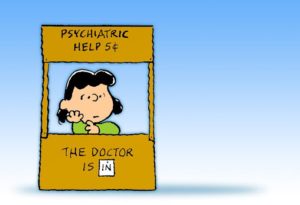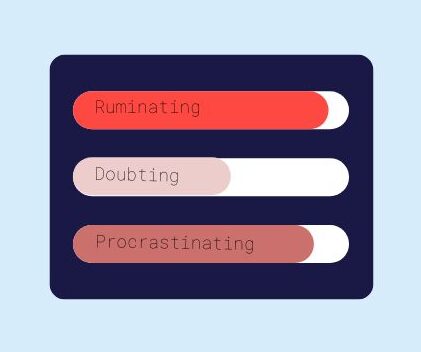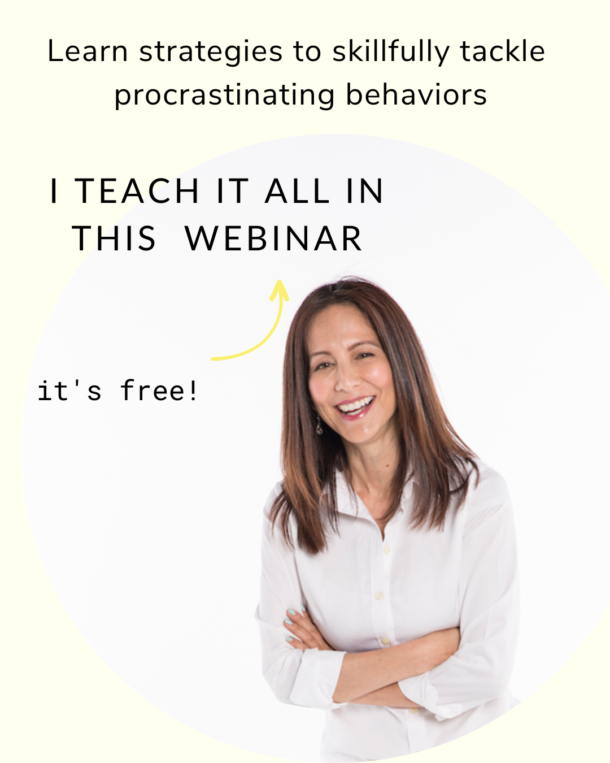
How to choose a therapist?
A couple of weeks ago, we published a post on how to choose a therapy for your child based on the theoretical orientation of the clinician. This post is a continuation to the previous one and it will give you information about how to choose therapist based on the training we receive as mental health professionals.
Here is the deal: with the sea of credentials earned by various mental health professionals (PhD, MD, LCSW, DO, PsyD) it can be confusing to find the right provider to suit your needs. Let’s take a look at the differences in the training and what role these providers might fill in your treatment.
First let’s consider the two major categories of provider that you might consult, psychologists and psychiatrists. Psychiatrists earn doctoral degrees in medicine; they spend several years completing medical school training and then specialize in treating psychiatric disorders. Their training primarily emphasizes the medical model and thus their primary approach is pharmacotherapy, though some also provide psychotherapy. Ids or DOs are licensed to provide medication in the state of California as well.
Psychologists, PhDs. and PsyDs. spend an average of 6-7 years completing doctoral training; some specialize even further in the treatment of specific presenting problems (e.g., people with obsessive compulsive disorder, borderline personality disorder or substance abuse disorders) or specific populations (adults, children, couples, or families).
In addition, you may encounter masters level clinicians, such as clinical social workers, marriage and family therapists, or others who complete 2-year training programs, on average, and have different specializations as well, based on the presenting problems or age-population they work with.
So how do you find the right provider? Two variables: degrees of training and type of therapy. Therapy is emotionally and financially consuming, and the window to help you, your kid, or your teen is very small at times, so we encourage you do to your best to screen professionals and make an informed decision when choosing a clinician to work with.







